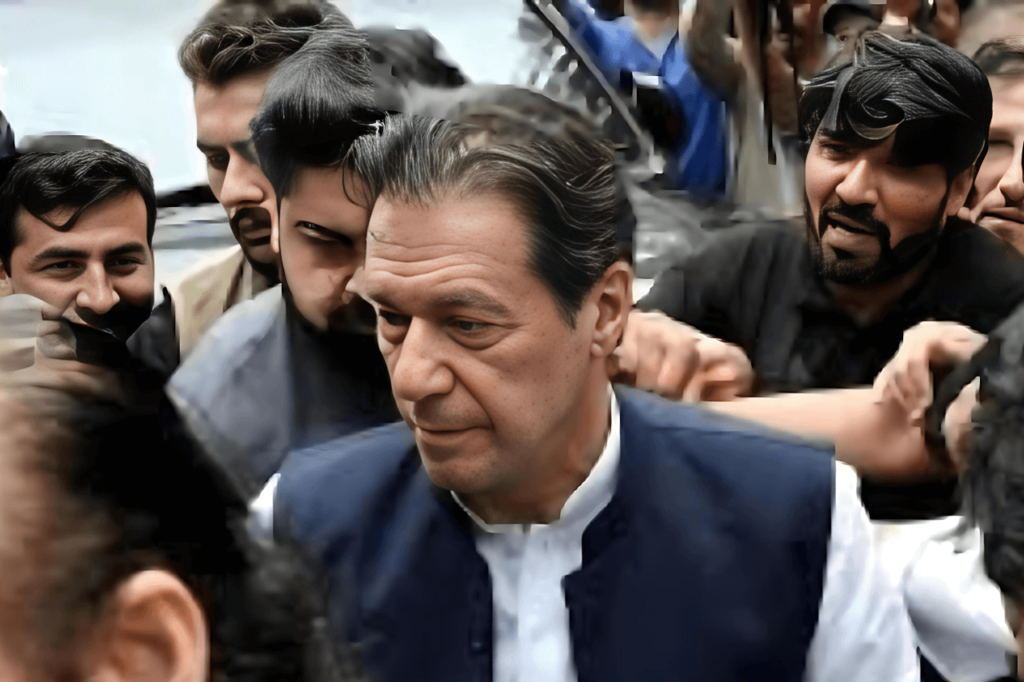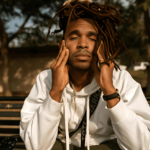Pakistan is one of the most important countries in South Asia, with a large population. It is a country with millions of Muslims, considered to be one of the top Muslim states that possesses nuclear power. Pakistan has a significant number of minorities and its geographical position is very critical. It shares borders with several key countries, two of which officially possess nuclear weapons, namely China and India. Additionally, Iran, another neighboring country, is also working towards becoming a nuclear power. The last but not least is Afghanistan, which has been a war zone for a few decades and shares a very long border with Pakistan.
Given this situation and the points mentioned here, it shows that Pakistan holds a crucial position not only in the region but also in the world, especially in South Asia. So, the question arises: is Pakistan actually a democratic country or not?
Well, this is not a simple or easy question to answer. To get this answer, we have to go through the history of Pakistan and what has been happening in Pakistan since its independence.
Military Governments in Pakistan
If we look at the past, it can be seen that Pakistan has gone through different periods where it was run by military dictators, such as General Zia ul Haq, Ayub Khan, Yahya Khan, and, of course, General Pervez Musharraf. This was not a short period but actually spans decades when the military directly controlled the country.
Political Governments in Pakistan
On the other side of the story, many political leaders have led the country, such as Zulfikar Ali Bhutto, Benazir Bhutto, Nawaz Sharif, and Imran Khan. However, the interesting thing is that even though these political leaders ran the country during their respective terms, none of them completed their full five-year term. They were mostly removed either through the direct involvement of the military establishment or through the judiciary, among other means.
Electoral Process in Pakistan
Let’s talk about the electoral process in Paksitan. Pakistan has conducted various elections throughout this time period when different political leaders became Prime Minister through the election process. They have both upper and lower houses in Pakistan, and it has gone through the elections process from time to time.
However, here is the interesting aspect that makes some doubt and leads us to think that Pakistan has a true democratic value. Even though it has gone through the election process, there are still claims from different parties about rigged elections. This doesn’t end here because they not only raise their concerns about the fairness of the election process in Pakistan but also blame that the military establishment is involved in the whole election process and brings only specific political parties into the government that suit them.
Media and Freedom of Speech in Pakistan
Apart from election rigging and the influence of the establishment on elections and political parties, it is crucial to highlight the freedom of the media in Pakistan, as freedom of expression is one of the most important components of democracy. Unfortunately, Pakistan doesn’t have a fine track record regarding media freedom. Many media individuals have been killed, kidnapped, etc.
The mainstream media is also under the influence of the establishment. They do not run news independently, and many are indirectly controlled by the establishment.
While social media in Pakistan is not completely controlled and influenced by the state, it poses a significant challenge for the current regime running the government. They are doing many things to control social media, e.g., Facebook, YouTube, and Twitter/X.
According to south Aisa index Pakistani govt has begun installing internet ‘firewall’ in Pakistan to monitor social media websites
The firewall, like Chinese Firewall, will help Pakistani govt monitor the internet in Pakistan & trace accounts that are critical of govt policies. Source South Aisa Index
Twitter (now known as X), is already blocked by the government of Pakistan, and you are not allowed to use Twitter/X directly, meaning you have to use various VPN services to access this platform.
Under such circumstances, it cannot be said that Pakistan is actually a democratic country, as freedom of speech is a key component of a truly democratic state. The right to speak or express your views openly without any fear is essential for a democracy. Calling Pakistan a democracy contradicts this notion, as it is not easy to say or write something critical about the current regime in Pakistan.
Recent Crisis in Pakistan
The recent situation in Pakistan is also quite disturbing, as the recent elections are considered to be the most rigged elections, according to political analysts and international observers. The political party named Pakistan Tehreek-e-Insaf (PTI), led by Imran Khan, a former Prime Minister of Pakistan, faced significant challenges. Imran Khan was arrested, and the party’s symbol was taken away by the court. It doesn’t end here; party leaders and those selected to participate in the elections by PTI were taken by the police and other forces. Many individuals were arrested during the election campaign, and most of them were raided by the police. As of now, they are still going through this state of fascism.
All these actions raise reasonable objections to the electoral process, especially concerning the question of whether there is actually a democracy in Pakistan or just an illusion and artificial process to show the world that there is democracy in Pakistan.
So, under the circumstances mentioned in this news story blog, it is not easy to say that there is actually a democracy in Pakistan and that Pakistan is a fairly democratic country.
Disclaimer: The views expressed in this article are based on available information and analysis at the time of writing. They do not necessarily reflect the official stance or position of any institution or individual mentioned.



